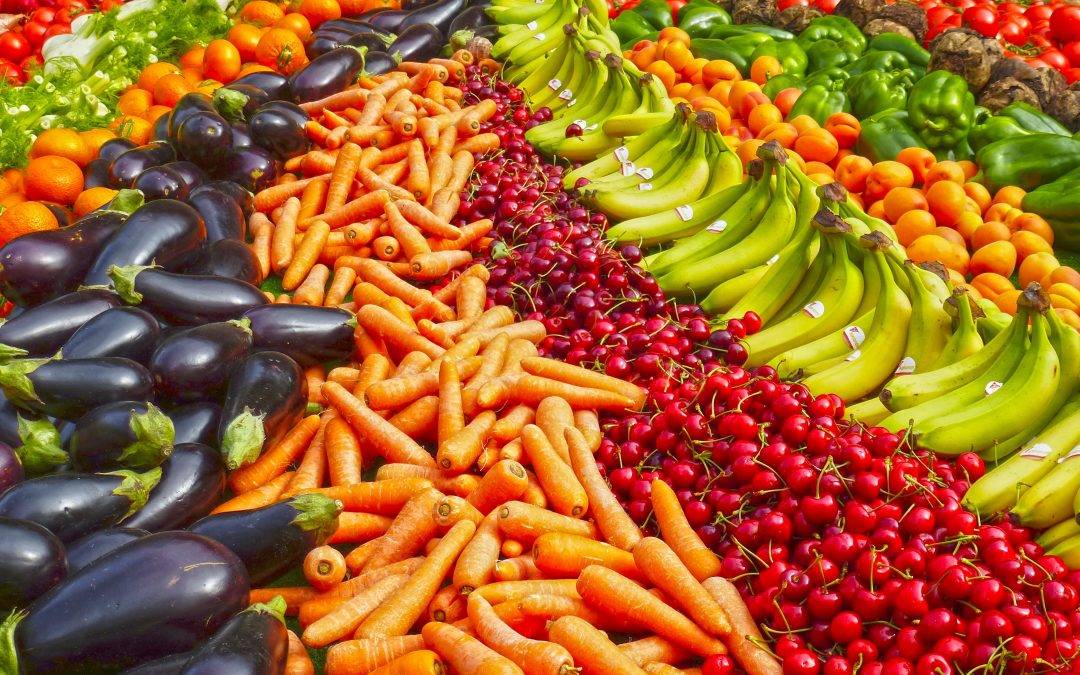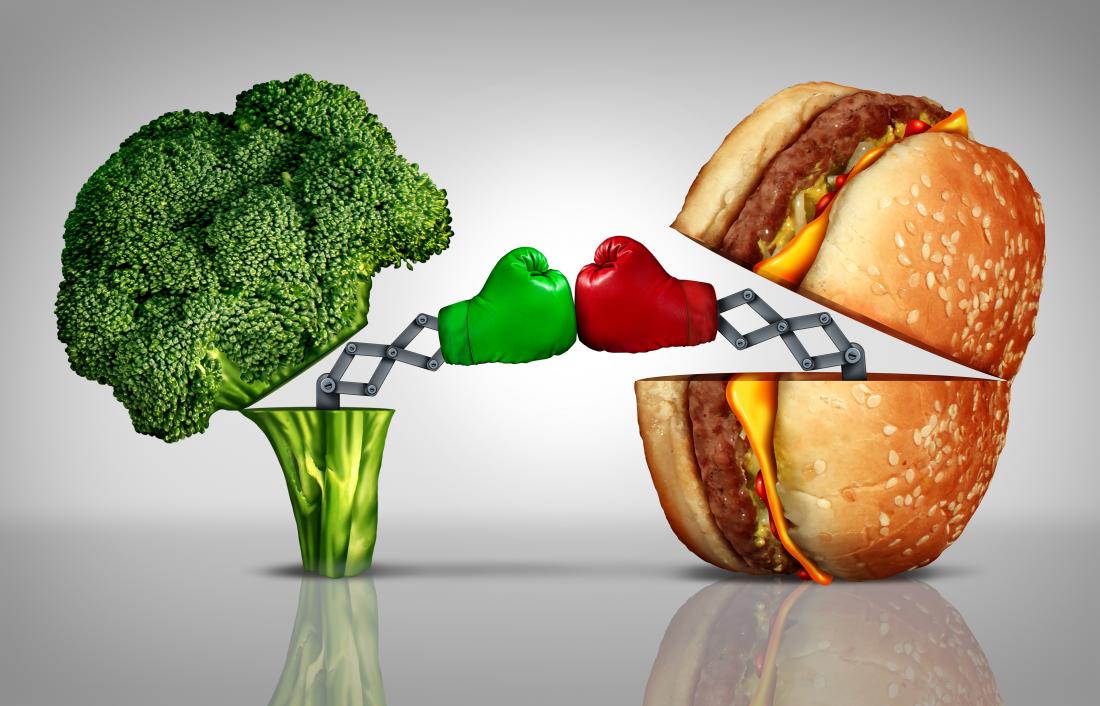Understanding Vegetarianism: Motivations, Benefits, and Lifestyle Choices
Vegetarianism is more than just a dietary choice; it's a lifestyle embraced by millions around the world for various ethical, environmental, and health-related reasons. This article delves deep into the motivations behind vegetarianism, explores the different types of vegetarian diets, and discusses the health benefits and challenges associated with this lifestyle. Additionally, it provides insights into how vegetarians can maintain a balanced diet and the global impact of vegetarianism.
Understanding Vegetarianism
What is Vegetarianism?
- Definition: Vegetarianism is the practice of abstaining from the consumption of meat, and may also include abstention from by-products of animal slaughter.
- Types of Vegetarian Diets:
- Lacto-ovo vegetarians: Avoid all meat but consume dairy products and eggs.
- Lacto vegetarians: Consume dairy products but avoid eggs and all meat.
- Ovo vegetarians: Include eggs but avoid dairy products and all meat.
- Vegans: Do not consume any meat, eggs, dairy, or any other products of animal origin.
Motivations for Choosing a Vegetarian Lifestyle
- Ethical Considerations: Concerns about animal welfare and the moral implications of killing animals for food.
- Environmental Impact: Reducing one's ecological footprint, as animal farming is a major contributor to greenhouse gas emissions, deforestation, and water use.
- Health Benefits: Seeking a healthier dietary regimen to prevent or treat chronic diseases such as heart disease, diabetes, and obesity.
Health Benefits of Vegetarianism
Nutritional Advantages
- Reduced Risk of Chronic Diseases: Studies show that vegetarians tend to have lower levels of cholesterol, lower blood pressure, and a reduced risk of heart disease.
- Weight Management: Vegetarian diets are typically lower in calories and fat than diets including meat, which helps in weight management and obesity prevention.
- Antioxidant-Rich: A plant-based diet is high in vitamins, minerals, and antioxidants, promoting better skin health and a strengthened immune system.
Challenges and Considerations
- Nutrient Deficiencies: Potential deficiencies in nutrients such as vitamin B12, iron, calcium, zinc, and omega-3 fatty acids, which are commonly found in animal products.
- Protein Intake: Ensuring adequate protein intake through sources like legumes, nuts, and soy products.
Adopting a Vegetarian Diet
Transitioning to Vegetarianism
- Gradual Change: Transitioning to a vegetarian diet gradually by progressively eliminating meat and exploring vegetarian alternatives.
- Diverse Diet: Including a wide variety of fruits, vegetables, grains, and protein sources to ensure nutritional adequacy.
Meal Planning and Preparation
- Balanced Meals: Understanding the importance of balancing macronutrients and micronutrients to create fulfilling and nutritious meals.
- Cooking Tips: Exploring vegetarian cooking, which can be vibrant, diverse, and flavorful with the use of herbs, spices, and diverse cooking techniques.

Cultural and Social Aspects
Global Variations
- Cultural Acceptance: The acceptance of vegetarianism varies globally, influenced by cultural, religious, and societal norms.
- Vegetarian-Friendly Cities: Some cities and countries are more vegetarian-friendly, offering a wide range of options for dining out and food shopping.
Community and Support
- Social Groups: Joining vegetarian groups and online communities for support, recipe sharing, and socializing.
- Impact on Social Life: Navigating social situations and dining out, which can sometimes be challenging for vegetarians.

The Future of Vegetarianism
Growing Popularity
- Health Trends: As more people become health-conscious, the interest in vegetarian diets is expected to grow.
- Sustainability Concerns: With increasing awareness of environmental issues, more individuals might adopt vegetarianism as a sustainable dietary option.
Innovation in Food Technology
- Meat Alternatives: Advances in food technology have led to the development of high-quality vegetarian and vegan meat substitutes that cater to the taste and texture preferences of former meat-eaters.
Conclusion
Vegetarianism is a rich and complex lifestyle choice that spans dietary habits, ethical considerations, and environmental activism. By embracing a vegetarian diet, individuals can enjoy a range of health benefits, contribute to the sustainability of the planet, and take a stand on animal rights. As the world becomes more interconnected and informed, the trend towards vegetarianism is likely to expand, influencing food culture and dietary habits on a global scale. With the right knowledge and resources, anyone can adopt and thrive on a vegetarian diet, enjoying its numerous benefits while





No comments yet
Be the first to share your thoughts!